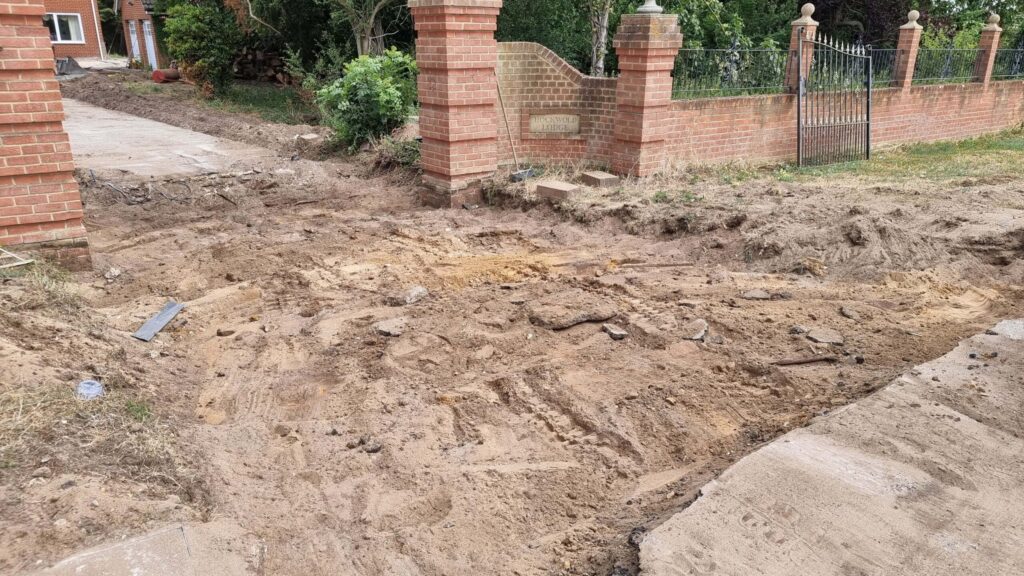Paving the Way: The Evolution of Tarmac Farm Road Technology with Lakenheath Driveway Services
Introduction: Farm roads play a crucial role in agricultural operations, providing access for vehicles, equipment, and personnel to navigate vast rural landscapes. Over the years, technological advancements have transformed how farm roads are constructed and maintained, enhancing efficiency, durability, and sustainability. At Lakenheath Driveway Services, we’re committed to staying at the forefront of these technological innovations to deliver superior farm road solutions. In this blog post, we’ll explore the evolution of tarmac farm road technology and its impact on modern agricultural practices.
1. Traditional Gravel Roads
Before the advent of modern tarmac technology, gravel roads were a common sight on farms and rural properties. While cost-effective and relatively easy to install, gravel roads posed challenges like erosion, dust generation, and frequent maintenance requirements. These roads lacked the durability and stability to withstand heavy agricultural traffic and adverse weather conditions, leading to inefficiencies and increased operational costs for farmers.
2. Introduction of Tarmac Technology
Introducing tarmac technology revolutionised farm road construction, offering a more durable, long-lasting, and low-maintenance alternative to traditional gravel roads. Tarmac, or asphalt or bitumen, is a mixture of aggregates, binders, and additives that form a smooth, durable surface ideal for heavy-duty applications. Tarmac farm roads provide superior load-bearing capacity, resistance to erosion, and all-weather accessibility, making them an indispensable asset for modern agricultural operations.
3. Advancements in Tarmac Formulations
In recent years, advancements in tarmac formulations have further enhanced the performance and sustainability of farm roads. High-performance additives, such as polymers and fibres, improve tarmac surfaces’ durability, flexibility, and crack resistance, extending their lifespan and reducing maintenance requirements. Additionally, environmentally friendly additives, such as recycled materials and warm-mix asphalt technologies, reduce the carbon footprint of tarmac production and contribute to sustainable agricultural practices.
4. Precision Construction Techniques
Modern farm road construction techniques employ precision technologies to ensure optimal performance and longevity. Advanced equipment, such as laser-guided grading systems and GPS-based surveying tools, enable precise grading, levelling, and compaction of tarmac surfaces, resulting in uniform thickness and smoothness. These techniques minimise surface irregularities, water pooling, and premature deterioration, maximising the efficiency and reliability of farm road infrastructure.
5. Sustainable Maintenance Practices
Sustainable maintenance practices are essential for preserving the integrity and functionality of tarmac farm roads over time. Routine maintenance activities, such as crack sealing, pothole patching, and surface resealing, help prevent water infiltration, vegetation encroachment, and structural deterioration. Additionally, innovative techniques such as cold-in-place recycling and rejuvenation treatments rejuvenate ageing tarmac surfaces, extending their service life and reducing costly repairs or replacements.
Conclusion: The evolution of tarmac farm road technology represents a significant milestone in advancing agricultural infrastructure. With superior durability, reliability, and sustainability, modern tarmac farm roads support efficient and productive farming operations while minimising environmental impact.
Call us on: 01842 778 593
Click here to find out more about Lakenheath Driveway Services
Click here to complete our contact form and see how we can help with your driveway needs.

